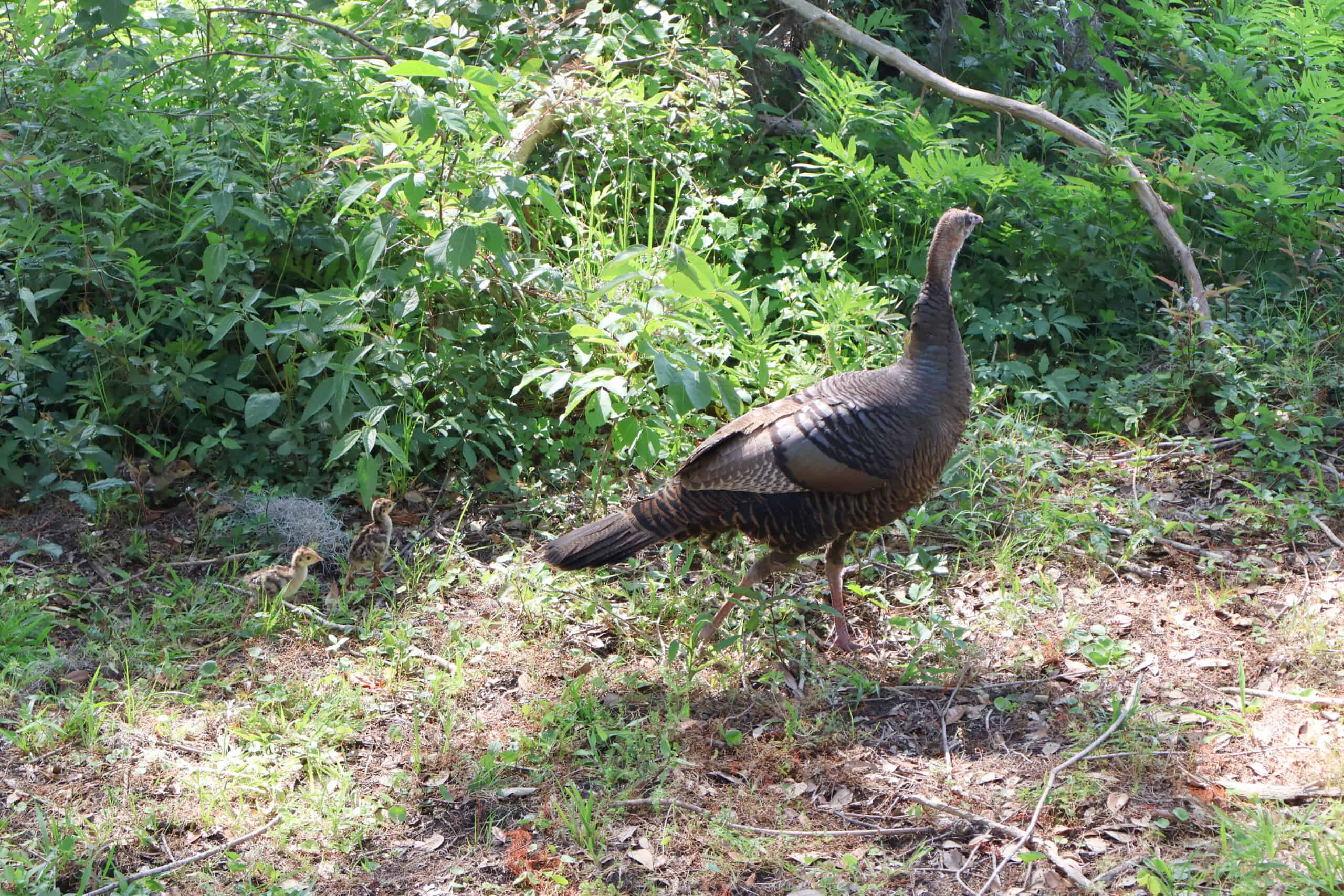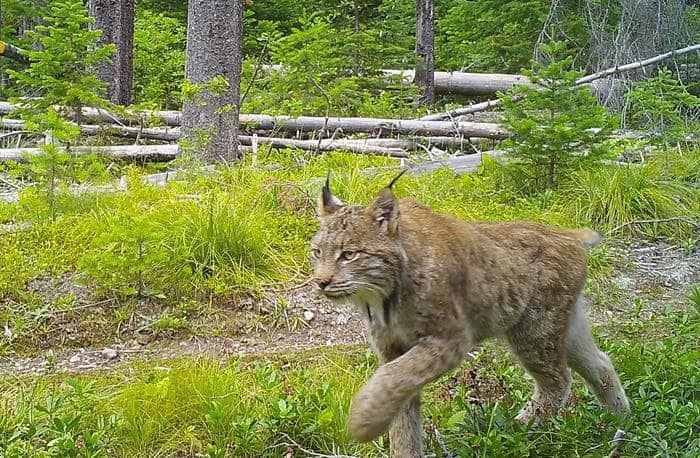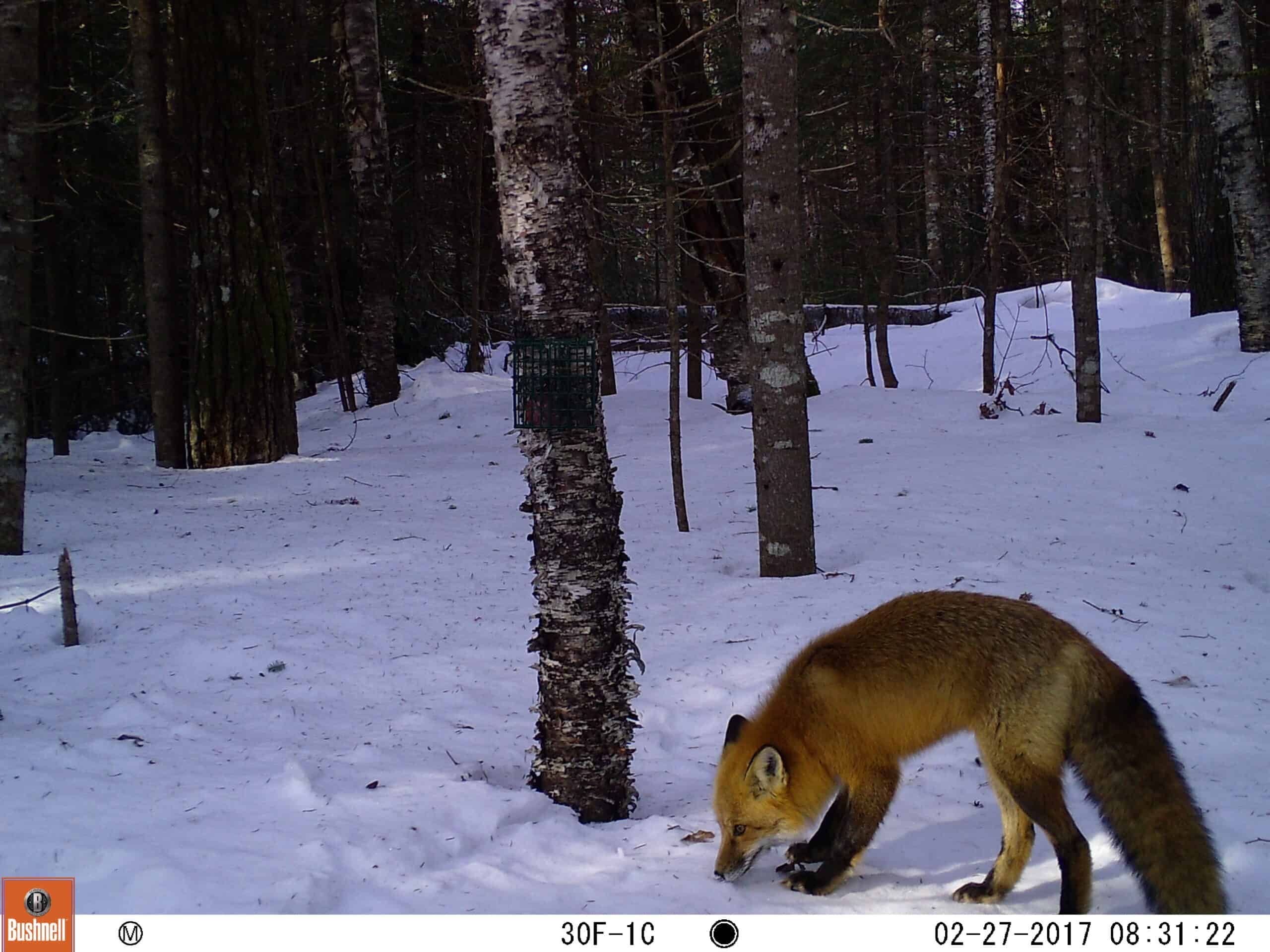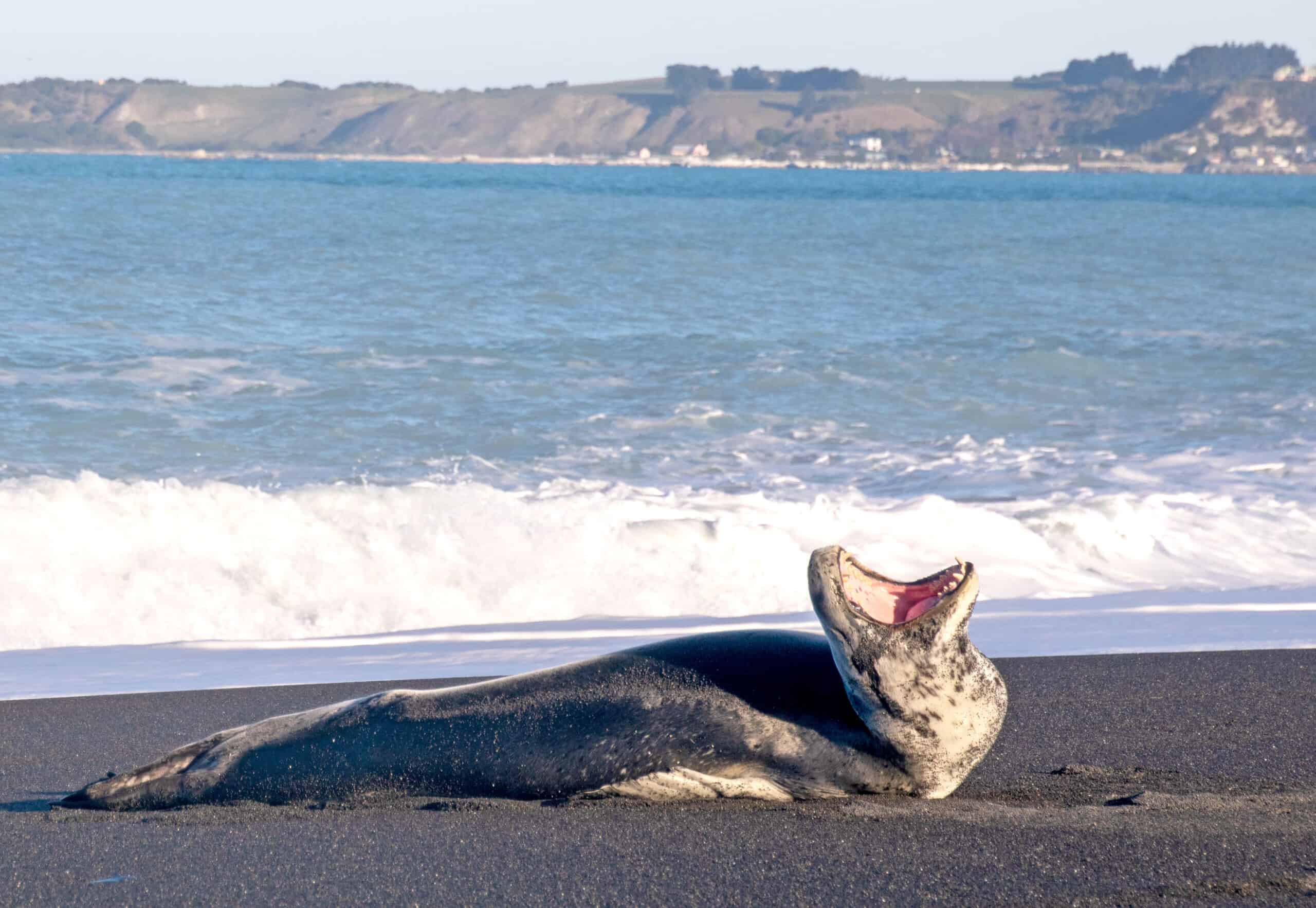Share this article
Wildlife Featured in this article
- eastern wild turkey
JWM: Wild turkeys may face a tougher future in a warmer world
Climate change may create more difficulties for struggling populations
Climate change may make for bleaker Thanksgiving dinners in the future.
As wild turkey populations struggle in the southeastern United States, warming temperatures may be both a blessing and a curse, researchers found, but probably more curse than blessing. A warmer future may also make it tougher for wildlife managers to plan turkey hunting seasons amid fluctuating population numbers.
Tiny changes in nest success can make the difference between wild turkey numbers rising or falling in a given year, said TWS member Wesley Boone, a postdoctoral research scholar at North Carolina State University. As a result, climate change could have an outsize impact on their populations.
“Just a few percentage points’ difference in the response of their offspring result in population growth or decline,” he said.
Climate change appears to offer mixed outcomes for the birds, said Boone, who led a recent study looking at climate change and wild turkey nest success published in the Journal of Wildlife Management. But overall, he said, the negatives could outweigh the positives.
“What we can say is, it looks like nest success is going to be more volatile,” Boone said. Some years, the birds may do well. Other years, they will experience “near total nest failure,” he said. “How do you set game regulations based on that?”
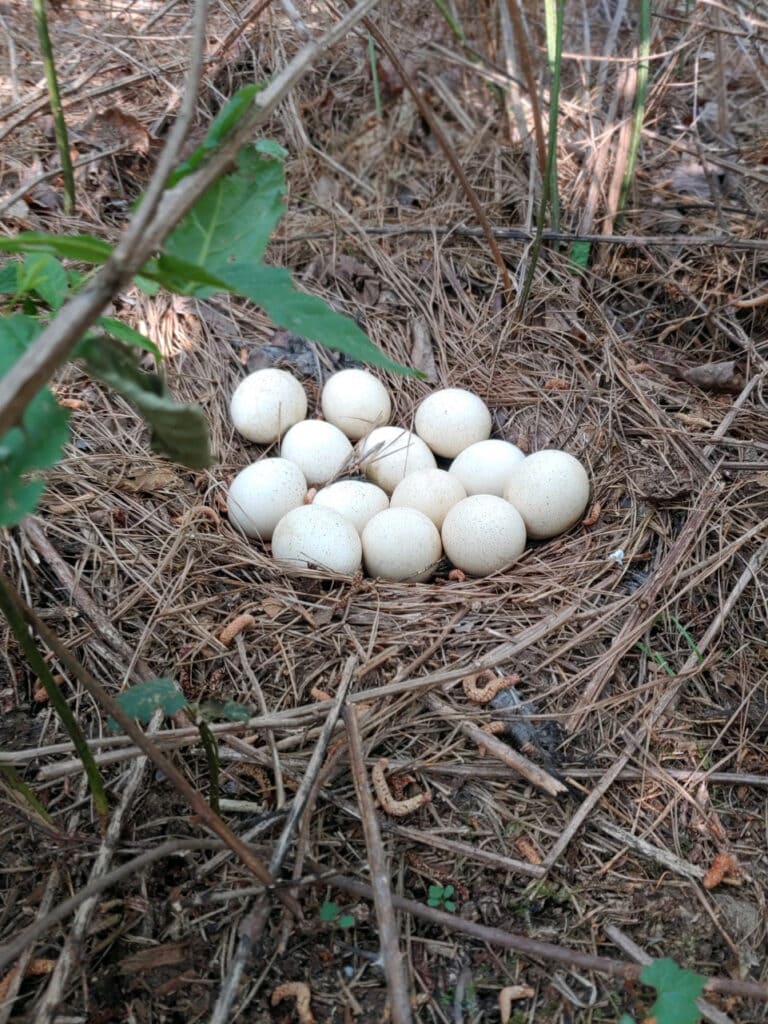
Boone and his team looked at how climate projections may affect eastern wild turkey (Meleagris gallopavo silvestris) populations in North Carolina, South Carolina, Georgia, Louisiana and eastern Texas. They found that nest success improved somewhat in warmer springs. But it was the weather earlier in the year—before hens even laid their eggs—that made a bigger difference.
“That’s not really what we expected,” Boone said.
The team found that nest success improves with wetter weather in January. That’s good news for weathering climate change. But those gains would likely be more than offset by January’s warmer temperatures. “It’s a mixed bag,” Boone said.
Researchers aren’t sure why temperatures in January have such a strong effect on nest success in the spring, Boone said, but warmer weather may result in greater disease spread or more active predators.
The study is the second one resulting from Boone and his team’s research into how climate change is affecting wild turkeys in the southern U.S. The first, published earlier this year in Climate Change Ecology, showed that wild turkeys may struggle to keep up with the earlier arrival of spring, resulting in a mismatch between when they nest and when conditions are best for newborn poults.
But while these two studies highlighted the challenges, what they mean for turkey populations remains to be seen. Boone hopes a third study, yet to be published, may help answer that question by looking at poult survival and climate change.
“I think we’re going to find that poults are impacted,” he said. “They’re tiny little birds. Temperature and precipitation should influence their survival.”
Boone worries these findings may make turkey survival even more difficult in a part of the country where factors like habitat loss and land use changes are decreasing their numbers.
“We don’t think climate change plays much into current trends,” he said, “but moving forward it could be very important.”
This article features research that was published in a TWS peer-reviewed journal. Individual online access to all TWS journal articles is a benefit of membership. Join TWS now to read the latest in wildlife research.
Header Image: A wild turkey hen walks with its poults in South Carolina. Climate change may create additional challenges for wild turkey populations in the southeastern U.S. Credit: DiscoA340



